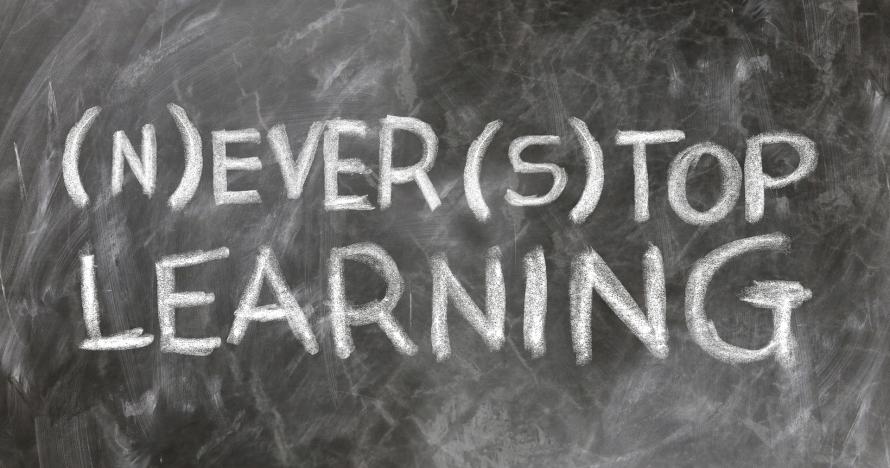
The recent adoption by the European Commission to make 2023 the Year of Skills is based on objectives and priorities of great social relevance: to train appropriate profiles to deal with the green and digital transition (within the Digital Decade and the Green Deal), to promote school-to-work and work-to-work transitions, and to invest in lifelong learning. The whole purpose of this important act is to support the full participation of citizens in the economic life of countries while countering all forms of discrimination (particularly those concerning women and young people).
Therefore, this measure is part of a context in which skills (whether transversal, life-long learning, or socio-emotional) are the key factor for inclusive citizenship which means constructing the conditions for greater social, economic, and political participation. It is an action that is all the more relevant in that it intervenes in the wake of the resurgence of inequalities generated by the pandemic, which has predominantly affected precisely certain social groups, such as young people and women; and it also tries to act with respect to some persistent deficits: the digital divide (by gender, by age, but also by social class and cultural level), the worsening environmental emergency, under-employment (also referred, particularly to certain social groups) and the skills mismatch that plagues the transition from the world of education/training and work, confirmed by Union data: 75% of firms in the Union face difficulties in finding workers with the skills needed to fill available jobs; only 37% of adults systematically pursue further education and training (Eurostat Data 2022). The digital divide persists with respect to the possession of basic digital skills (of which 40% of the general population lacks; and more than 30% of workers, even among young people who are digital natives only in their use of smartphones and play and interactive apps). The EU’s acceleration on this point is also sharpened by the EU’s social goals for 2030: at least 60% of workers should participate by then in training activities each year; 78 % in the employment rate that should be reached; 80% of adults should possess basic digital skills. Then data, experiences and narratives inside EU confirm the relevance and urgency to invest in skills.
KIDS4ALLL is in full harmony with the European mainstream on skills, and aims at implementing the 8 key skills for life long learning in different learning contexts, formal, non-formal and informal, with an approach that involves all the actors of the educational process.
